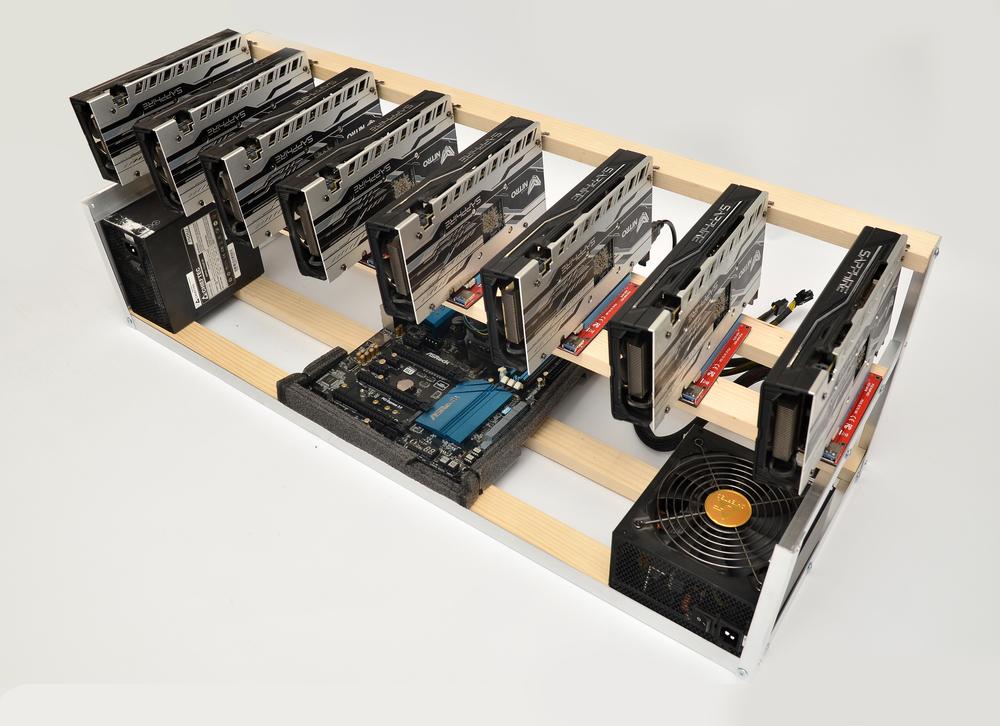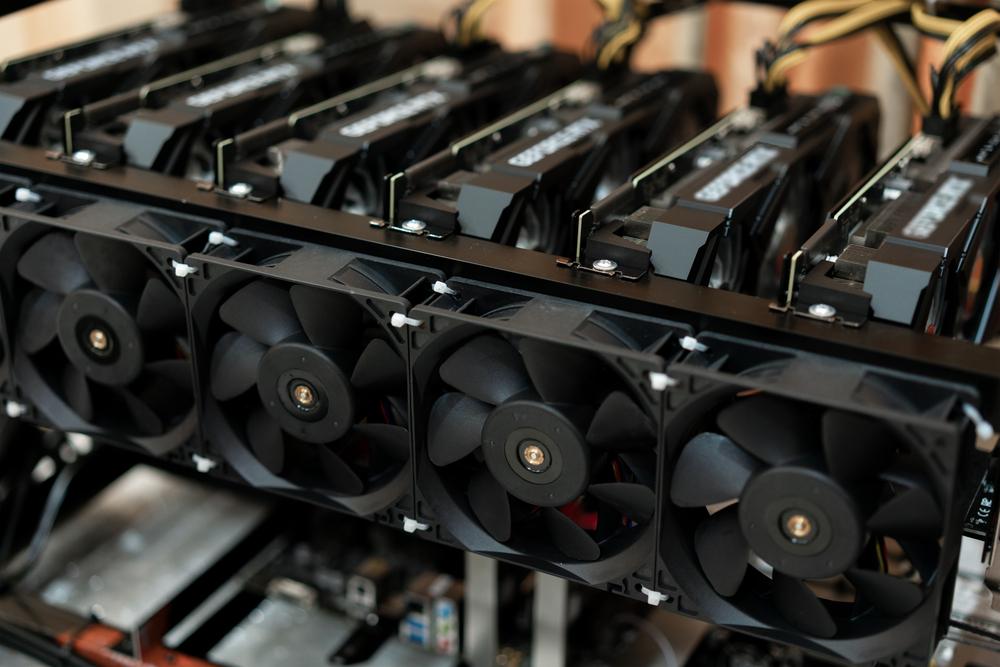The rise of cryptocurrency has opened up numerous opportunities, but it also comes with its fair share of risks. One major concern for miners is the security of their operations. At ResidentialMiner.com, we have 20 years of experience in digital marketing and cryptocurrency, and we’re here to offer you a comprehensive guide on securing your mining operations against hacks and scams.
Understanding the Risk Landscape
Before diving into security measures, it’s crucial to understand the types of risks you’re exposed to. Hackers are becoming increasingly sophisticated, employing a range of tactics from ransomware to phishing schemes.
Invest in a Secure Hardware Wallet
Storing your cryptocurrency in a secure hardware wallet is an essential first step. This will offer you an additional layer of security that software wallets simply can’t provide. Opt for wallets with built-in two-factor authentication (2FA) for even more protection.
Use a Dedicated Mining Rig
Do not use your everyday computer for mining activities. Having a dedicated mining rig reduces the risks of falling victim to malware and other cyber threats. Your dedicated system should also have robust antivirus software installed, and always be kept up to date.
Implement Firewall Protocols
Just like any other online operation, firewalls are crucial for mining. Setting up a robust firewall will filter out unauthorized access and secure your mining operations. Make sure to keep the firewall settings updated to adapt to new threats.
Regular Software Updates
Software that’s outdated is a ripe target for hackers. Always keep your mining software and all related programs up to date. This includes not just your mining software, but also your operating system and any security software you’re running.
Use Strong and Unique Passwords
You would be surprised how many people use easily guessable passwords for their mining operations. Using a strong and unique password for each service you use is non-negotiable. This includes your mining pool accounts, online wallets, and the admin area of your mining rig.
Two-Factor Authentication (2FA)
Wherever possible, enable 2FA. This adds an additional layer of security that makes it difficult for unauthorized users to gain access to your accounts. Services like Google Authenticator provide this feature for free.
Regularly Monitor Hashrate
A significant drop in your hashrate could be a sign that something isn’t right. Regular monitoring can help you identify any unauthorized activity quickly. For more information on this, you can visit Why is Your Hashrate Low? Unlock the Secrets to Boost Your Crypto Mining Efficiency.
Vet Mining Pools Carefully
Not all mining pools are created equal. Conduct thorough research before you join one. Look for well-established pools with a reputation for being secure and reliable.
Legal and Compliance Measures
Always comply with local laws and regulations when setting up your mining operations. Non-compliance can not only get you in trouble with the law but can also expose you to scams and frauds.
Backup, Backup, Backup
Always have a backup plan. Make sure all your essential files are backed up regularly. This is a best practice that could save you from catastrophic losses in case of a security breach.
Crypto-Insurance
Consider taking out an insurance policy that covers cryptocurrency losses due to hacks and fraud. Several companies offer specialized crypto-insurance for mining operations.
Consult Security Experts
Lastly, consider consulting with security experts to conduct an audit of your mining operations. An expert’s view can provide invaluable insights into potential security loopholes you might have missed.
By following these security measures meticulously, you will drastically reduce the risk of falling victim to hacks and scams in your cryptocurrency mining venture. At ResidentialMiner.com, we are committed to providing you with all the tools and knowledge you need to mine safely and efficiently.


















